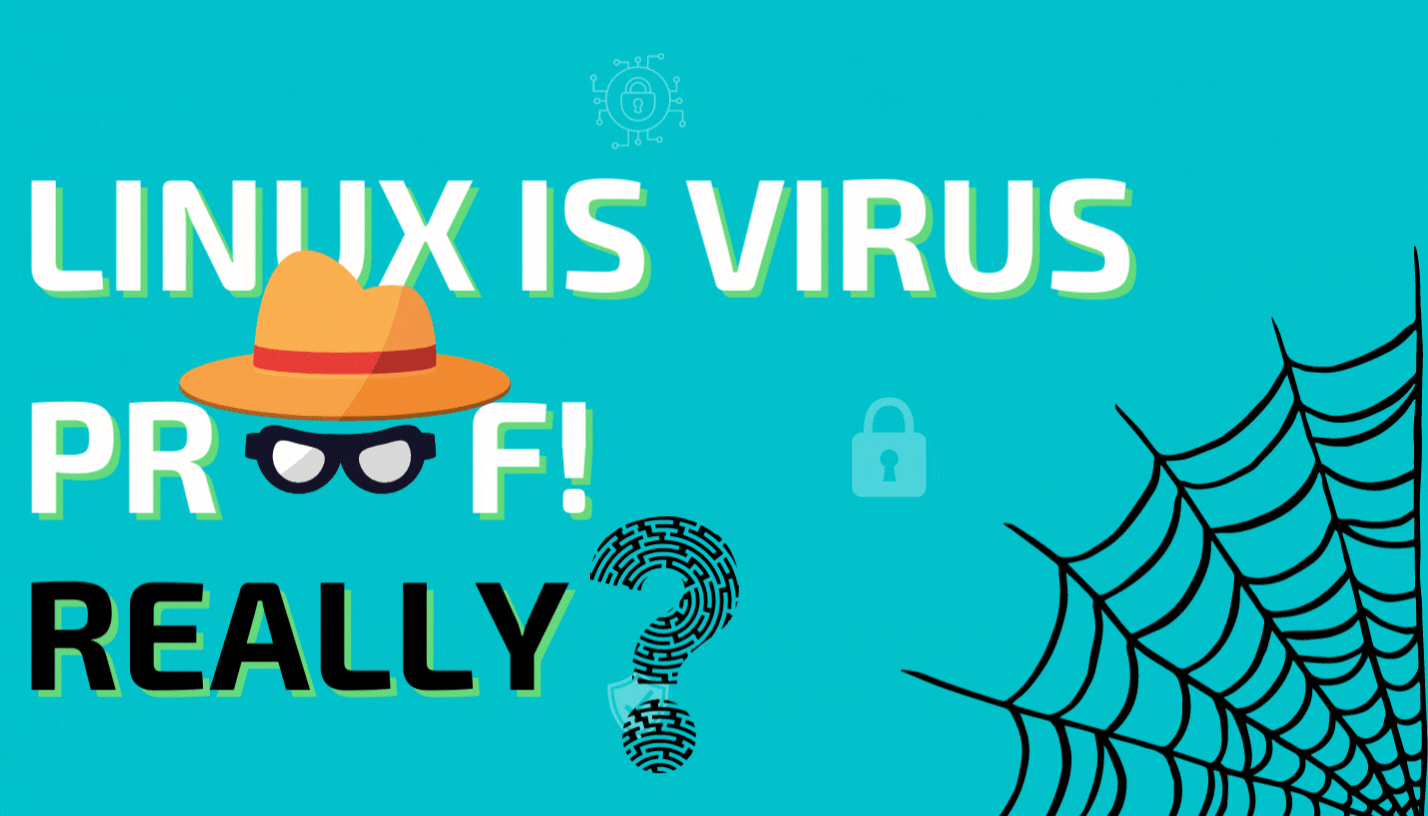Up to now, Linux has been thought to be protected from all types of viruses, malware, and other threats. There is no doubt that the batter security feature consideration was the key reason for Linux to gain quick popularity. But in today’s scenario, things are getting changed day by day.
Blindly believing that the Linux machines cannot be harmed! Can invite some serious security compromise issues. Let’s try to go through the key aspects that whether Linux security is a myth or fact?
Why has Linux is considered secure till now?

Primality the system architect is the key reason why Linux is secure. By default, there is no execute permission for other users. Basically, malware is sort of some code, which of course cannot have to execute permission. Another prime reason is that hackers were not even primarily focusing on the Linux-based products to target. Linux is getting used for operation-specific use and is still not so popular for generic laptops and desktops where usually bank transactions, communication, or other types of data is kept. Major user bases were/are with MS Windows, obviously, such Operation Systems were/are the key target for hackers.
Usually, Linux packages are installed from authentic repo only, which is usually defined by OS providers like Ubuntu, Debian, OpenSUSE, or Red Hat. Such authenticity also reduces the chances of getting resources compromised. Moreover, the Linux users generally are techies who already have at least a basic understanding of the environment and they do not get trapped easily.
Are the Linux OS still secure?

Definitely not! That’s for sure! You can’t depend on default settings. The services are an easy target since Linux is gaining popularity for servers. Financial transactions and information gathering primarily occur through Web services. Inadequate security can have irreversible effects. What happens if the root password becomes compromised? This could lead to significant attacks on connected networks. Linux can sometimes be exploited to compromise networks and services connected to the system.
Open Ports, getting applications installed from non-legitimate resources are some things which Linux OS will not alarm itself. Someone might be accessing the OS remotely and there are no automated alarms and preventions for that. All such scenarios demand of having proper sandboxing and anti-threat mechanisms. So, relying on default security settings can be tricky.
Any known Viruses malware for Linux?

Yes, there are many. Erebus and Tsunami are the popular ones. Phishing emails are another easy compromisation method that can never be ignored. What about the heartbleed and shellshock, where the shell can be compromised even without letting the user know. Of course, there are multiple examples of Linux-based malware and attacks.
What is the available remedy?

ClamAV is a very effective AV system for Linux available as open-source already. Comodo, BitDefender, Sophos are some other popular players which can help to protect Linux server/desktop and services. Additionally, keeping routing, firewalls, and physical securities up to data will help for sure. From time to time changing the root passwords, keeping to a decent process monitoring tool, network scanners are some free utilities that also could help to analyze the server behavior.
Conclusion
Based on the operations criticality users are required to make the decision, whether they need any Anit Malware tools or not. Nowadays almost all of the key vendors proving cost-effective solutions to keep Linux OS safe. Never rely on a random utility just because it’s open-source. Keeping a regular watch of resources will make you unable to take required actions proactively. Stay tuned, till the next article.



